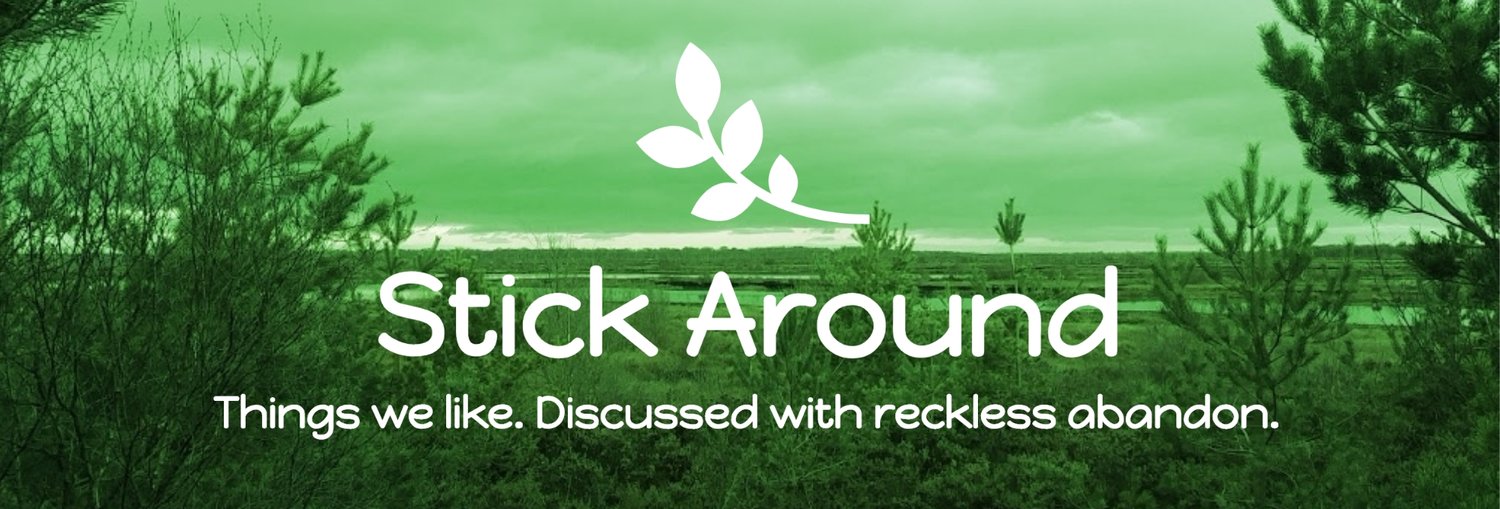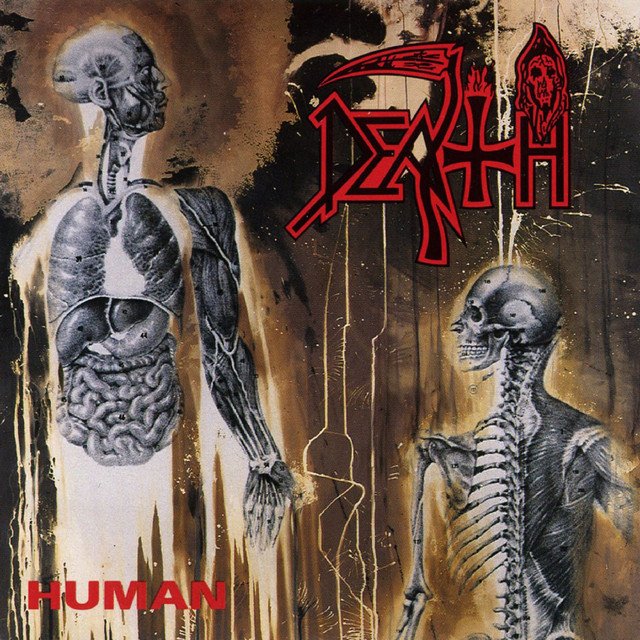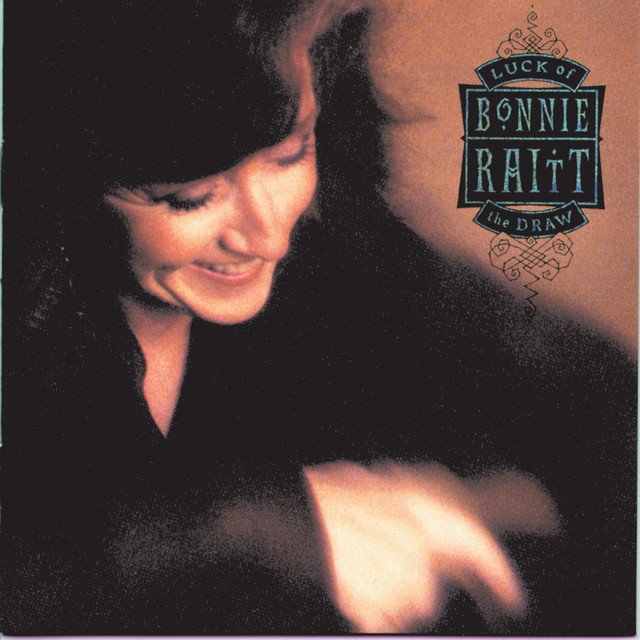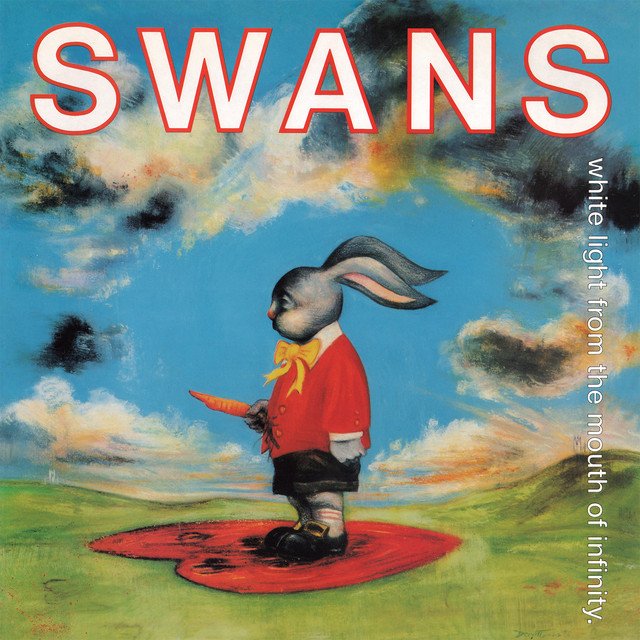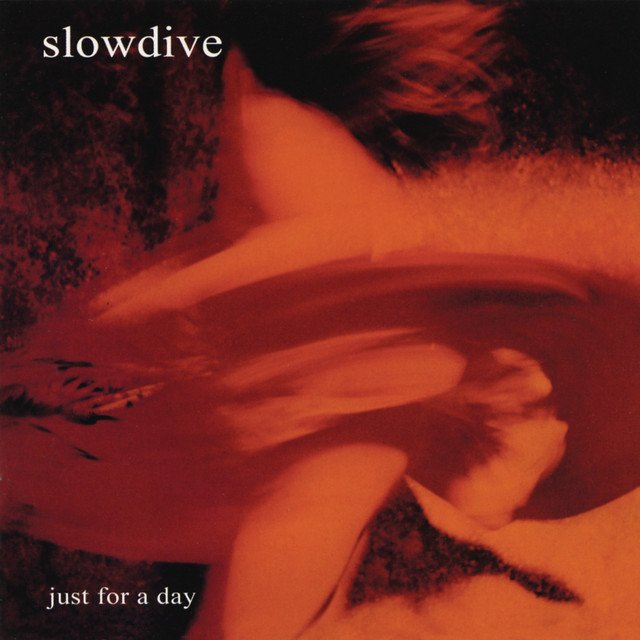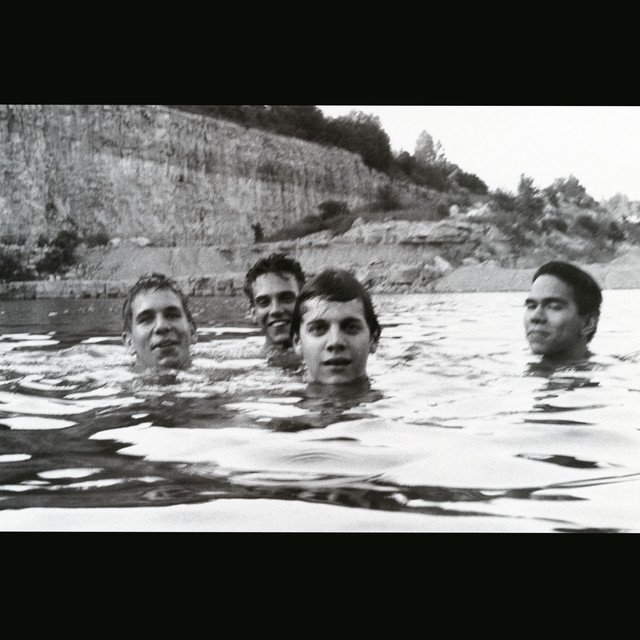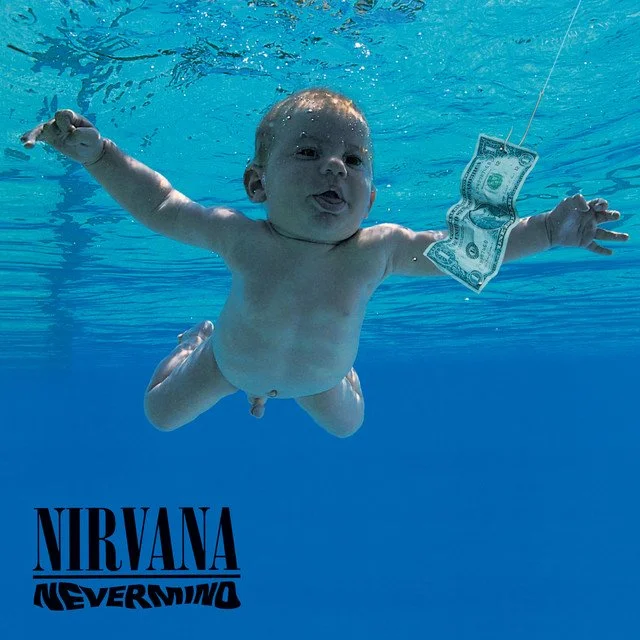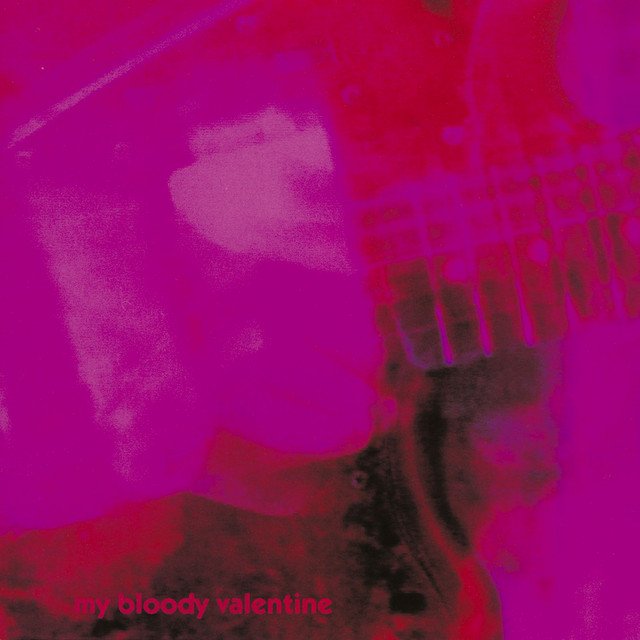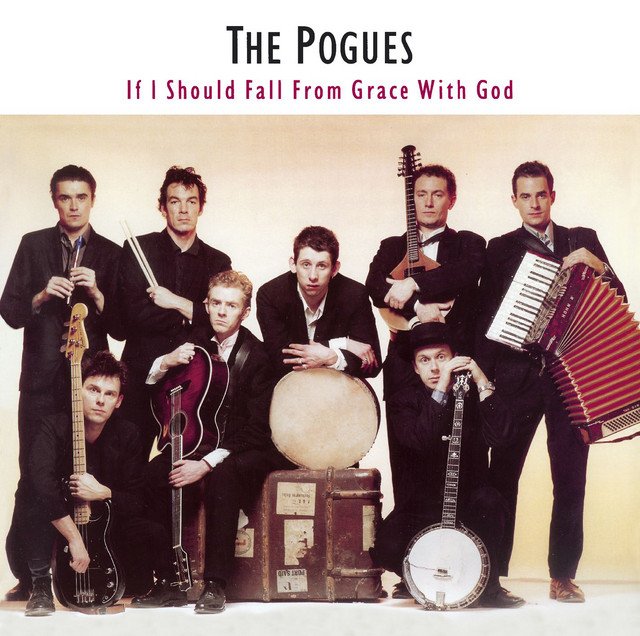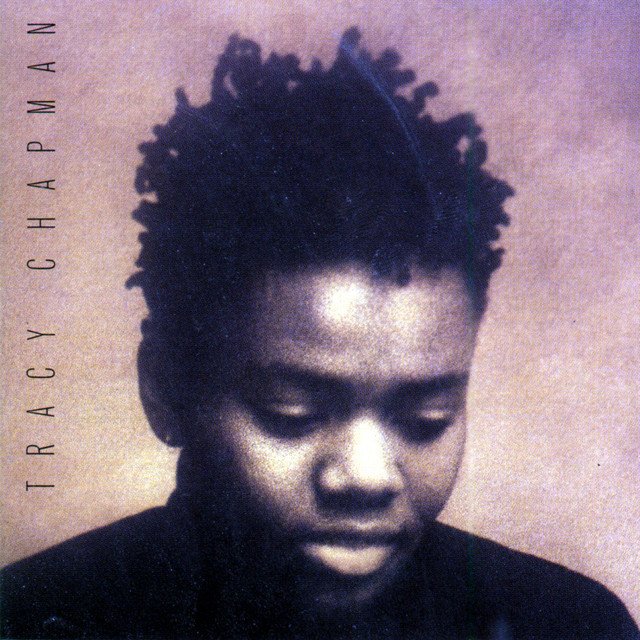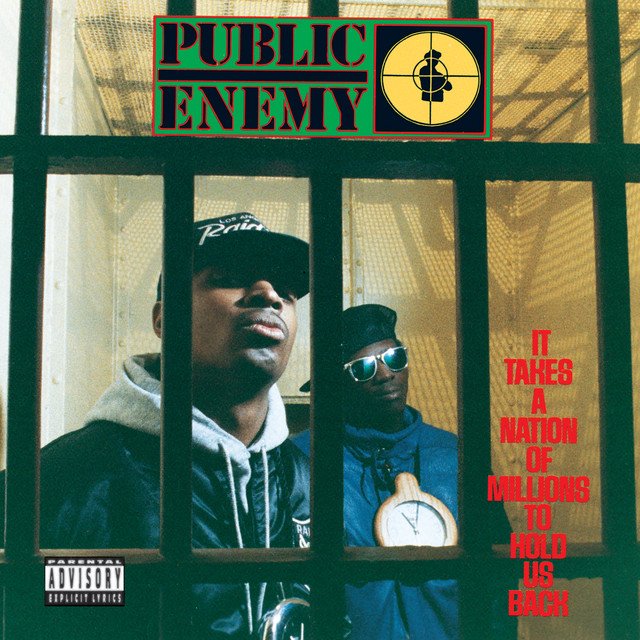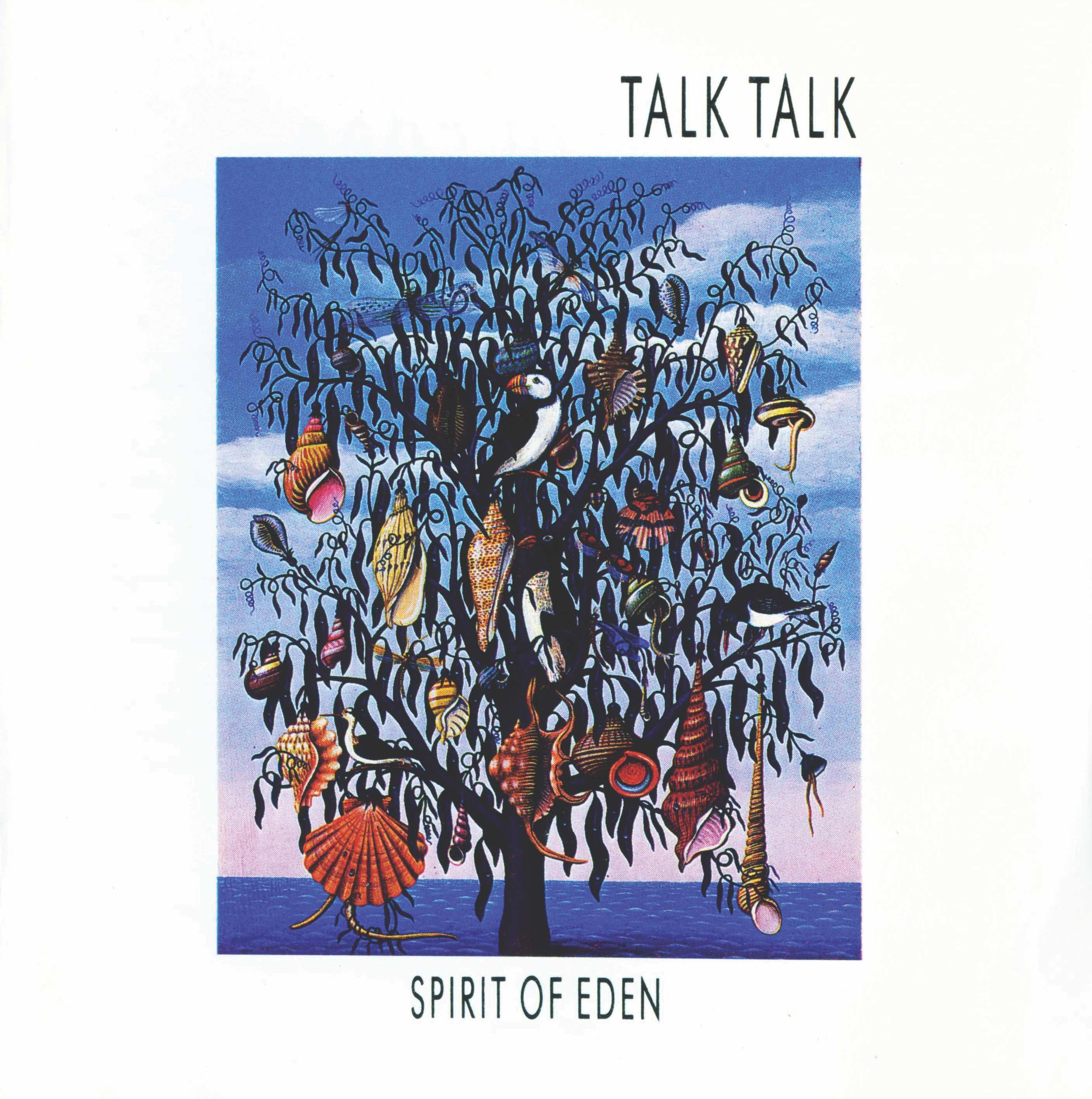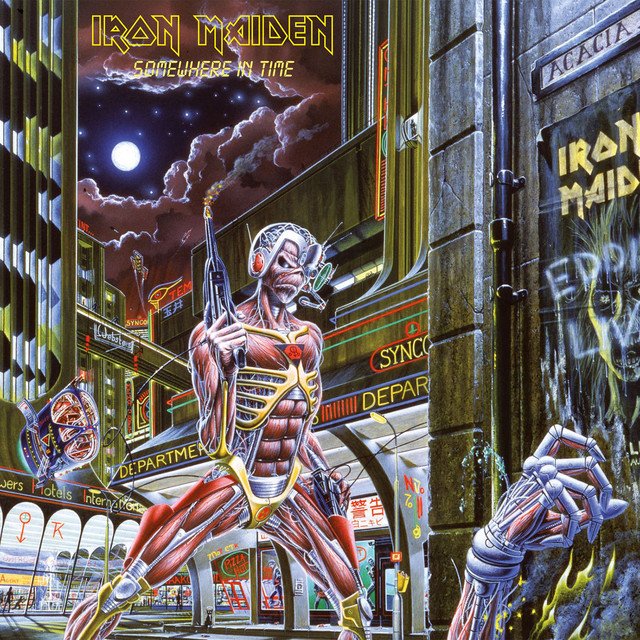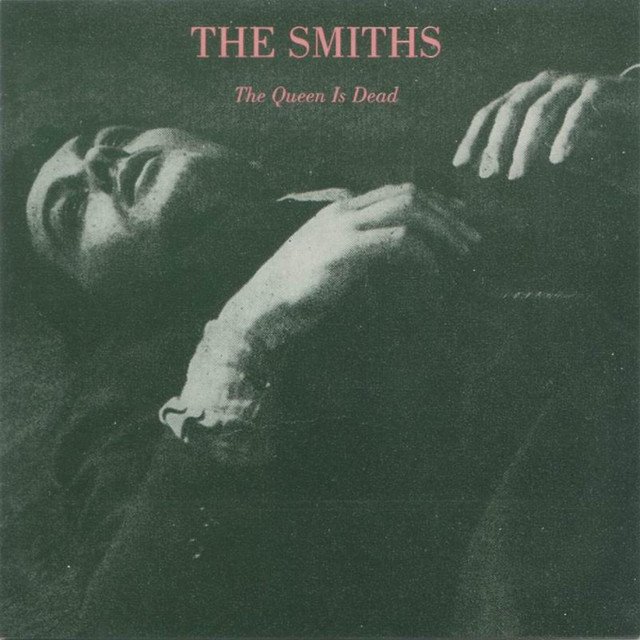1991 - Clive's Top Albums of Every Year Challenge
Over what will likely be the next few years I’m going to be ranking and reviewing the top 5 albums - plus a fair few extras - according to users on rateyourmusic.com (think IMDB for music) from every year from 1960 to the present. If you want to know more, I wrote an introduction to the ‘challenge’ here. You can also read all the other entries I’ve written so far by heading to the lovely index page here.
Before we get into music, here’s some world events from 1991 to set some context: the South African government repealed apartheid laws, Boris Yeltsin became the first freely elected president of the Russian Republic, and a cease fire ended the Persian Gulf War.
As for music, here’s what rateyourmusic.com users rate as the year’s top 5 albums:
#1 My Bloody Valentine - Loveless
#2 Slint - Spiderland
#3 A Tribe Called Quest - The Low End Theory
#4 Talk Talk - Laughing Stock
#5 Nirvana - Nevermind
Here’s some I’m plucking from further down the list:
#6 Death - Human
#8 Swans - White Light from the Mouth of Infinity
#17 Slowdive - Just for a Day
#18 Pearl Jam - Ten
And I’m also adding Bonnie Raitt’s Luck of the Draw, which is the only album I can see from 1991 appearing on various ‘best albums of all time by women’ lists.
That’s 10 albums competing for a coveted best of the year title. Off we go.
10. Human
Death
“Human is the fourth studio album by American death metal band Death, released on October 22, 1991, by Relativity Records. The album marked the beginning of a major stylistic change for Death, being more technically complex and progressive than the band's previous efforts. Human was released to critical acclaim from music publications and is seen as a pivotal release in the development of the technical death metal subgenre and on extreme metal in general.” - Wikipedia
I have to say Human is a disappointing death-metal album name after Leprosy, the previous album of theirs to grace this challenge. Death remains a superb name for the band though. Chuck Schuldiner’s vocals are angry, the guitar riffs are rapid and technical, and the double-bass drum pedal consistently marches a thudding beat. There’s a refreshing human-ness to the album (no pun intended) as some of the imperfections are kept intact, unlike in a lot of modern metal recordings where everything is quantised and artificially perfected in the studio (I know I have made this point before, sorry). The instrumental skill here is remarkable, but it’s also just damn enjoyable, and has me bopping my head along to its syncopated riffs and beats in ways the doctor would not recommend.
Song Picks: Flattening of Emotions, Cosmic Sea, Suicide Machine
7.5/10
9. The Low End Theory
A Tribe Called Quest
“The Low End Theory is the second studio album by American hip hop group A Tribe Called Quest, released on September 24, 1991, by Jive Records. Recording sessions for the album were held mostly at Battery Studios in New York City, from 1990 to 1991. The album was primarily produced by group member Q-Tip, with a minimalist sound that combines bass, drum breaks, and jazz samples, in a departure from the group's debut album, People's Instinctive Travels and the Paths of Rhythm (1990). The album is widely regarded as one of the greatest albums of all time, appearing on many best album lists by music critics and writers. In 2020, it was ranked at number 43 on Rolling Stone's list of the 500 Greatest Albums of All Time.” - Wikipedia
The beats are toned back from the previous album, and I think it takes a nifty stereo or set of headphones to pick out the subtleties of the production here. The bass and drums are as laid back and groovy as you can get, but they’re also pretty similar from song to song so when they dominate the album can drag a little. Listen on a balanced system though and you’ll pick out the lovely repeated flourishes that dance on the bass and drums, such as the stuttering guitar riff on Everything Is Fair, the atmospheric synth touches on Jazz (We’ve Got), and the lovely little wah-wah riff on the closer Scenario.
The Low End Theory is a case in masterful grooves production, but it is a victim of its own easy-going nature at times, struggling to fully hold your attention for its 48 minute duration, even if it is probably one of the slickest chill-out room albums of all time.
Song Picks: Excursions, Check the Rhime
8/10
8. Luck of the Draw
Bonnie Raitt
“Luck of the Draw is the eleventh studio album by Bonnie Raitt, released in 1991. The album surpassed Nick of Time's commercial success, having sold seven million copies in the United States alone by 2010, and was supported by a 180-date tour from 1991 to 1993. It remains Raitt's biggest-selling recording to date.” - Wikipedia
Another rock solid country album from Raitt. Great, catchy songwriting and production that makes a genre I often find too samey varied enough to make the 50 minutes fly by. Raitt’s lovely vocal timbre helps too.
Song Picks: One Part Be My Lover, Something to Talk About
8/10
7. White Light from the Mouth of Infinity
Swans
“White Light from the Mouth of Infinity is a studio album by the American experimental rock band Swans. It was released in 1991, through the record label Young God.” - Wikipedia
Gone are the roars and pulverising guitars, replaced by a more gothic sound featuring Gira’s baritone vocals. There’s still not much in terms of song-structure going on, with a free-flowing style that makes the album’s 70 minutes feel like some epic musical poem.
This is definitely less aggressive than Swans’ previous albums, but it is no less dark. An underrated gem in my opinion, with a rawness to it that you might expect from a band first stepping into a new sound, something which its 70 plus minute run-length roughens up even more.
Song Picks: Power and Sacrifice, Will We Survive, Love Will Save You, Blind
9/10
6. Just for a Day
Slowdive
“Just for a Day is the debut studio album by English rock band Slowdive. The initial reception to Just for a Day from the British music press was lukewarm, in contrast to the enthusiasm with which Slowdive's earlier releases had been met.” - Wikipedia
There’s nothing lukewarm about this album to me. It’s a long, comforting bath in the clouds, a collection of songs that bloom and bloom until they sound like a planet sadly exploding across the night sky. I could swim in its textures for days.
Song Picks: Celia’s Dream, Ballad of Sister Sue, Waves
9/10
5. Spiderland
Slint
“Spiderland is the second and final studio album by the American rock band Slint. It contains six songs played over 40 minutes, and was released by Touch and Go Records on March 27, 1991. Slint broke up shortly before the album's release due to McMahan's depression. In the US, Spiderland initially attracted little critical attention and sold poorly. However, a warm reception from UK music papers and gradually increasing sales in subsequent years helped it develop a significant cult following. Spiderland is widely regarded as foundational to the 1990s post-rock and math rock movements, and is cited by critics as a milestone of indie and experimental rock, inspiring a myriad of subsequent artists.” - Wikipedia
In its dynamic troughs the album is dominated by haunting plucked electric guitars, while the loudest peaks consist of guitars crisply fuzzed to within an inch of their lives. You can hear the birth of modern math-rock and post-rock here as it breaks out of its alt-rock egg before your very ears. This album could have come out today, and it would likely still be considered pretty singular. McMahon’s whispers and occasional gentle melodies speak of a resigned inner turmoil, complemented perfectly by complex, beautiful arrangements that are both mathematical and emotional, while having a dynamism that keeps you hooked. Spiderland is fragile, forceful, and everything in between.
Song Picks: Breadcrumb Trail; Washer; Good Morning, Captain
9/10
4. Ten
Pearl Jam
“Ten is the debut studio album by American rock band Pearl Jam, released on August 27, 1991, through Epic Records. Following the dissolution of their previous band Mother Love Bone in 1990, bassist Jeff Ament and guitarist Stone Gossard began rehearsing with new guitarist Mike McCready. Copies of the demo were eventually given to drummer Dave Krusen and vocalist Eddie Vedder, both of whom were invited to audition for the band in Seattle.” - Wikipedia
While the Dave Krusen and Jeff Ament rhythm section is a rock solid one, it’s the swirling guitar lines (in particular from Mike McGready) and Eddie Vedder’s unique vocal timbre, powerful melodies and passionate delivery that make Pearl Jam who they are. Though they are synonymous with the Seattle grunge movement of the early 90s, the more technical, clearly Hendrix inspired guitar work puts them in a different box to others of the time. Packed with choruses that pretty much force you to stick your hands in the air and scream to the sky (see Alive), Ten also contains what I’m pretty sure will be some of the decade’s best guitar-playing, and for someone as obsessed with guitar as I am, that was always bound to make me love it. Who said guitar solos weren’t cool anymore? McGready would like a word.
Song Picks: Alive, Even Flow, Jeremy
9
3. Laughing Stock
Talk Talk
“Laughing Stock is the fifth and final studio album by English band Talk Talk, released in 1991. Following their previous release Spirit of Eden (1988), bassist Paul Webb left the group, which reduced Talk Talk to the duo of singer/multi-instrumentalist Mark Hollis and drummer Lee Harris. Like Spirit of Eden the album featured improvised instrumentation from a large ensemble of musicians. The demanding sessions were marked by Hollis' perfectionist tendencies and desire to create a suitable recording atmosphere. Engineer Phill Brown stated that the album, like its predecessor, was "recorded by chance, accident, and hours of trying every possible overdub idea." The band split up following its release, effectively making Laughing Stock their last official release.” - Wikipedia
Talk Talk’s albums always feel like experiences rather than sets of songs, and nowhere is that more true than in their final album. Laughing Stock is one of the most spacious albums I’ve ever heard, there’s so much quiet in between the notes, everything is laboured over, felt and given a universe in which to breathe. Even during the crashing crescendos of Ascension Day, where the soundscape is undoubtedly filled out, it feels as if every angular chord matters, before the track is ended callously without a fade, as if the band’s sensitive recording tape had just been overloaded.
Hollis has described the album as ‘arranged spontaneity’, and his vocal melodies seem to follow that pattern too. On Laughing Stock, Hollis got over 50 musicians to pour their musical hearts out, before puzzling it all together to create something more than the sum of its parts. Wonderful.
Song Picks: Ascension Day, After the Flood, Taphead
9.5/10
2. Nevermind
Nirvana
“Nevermind is the second studio album by the American rock band Nirvana, released on September 24, 1991, by DGC Records. It was Nirvana's first release on a major label and the first to feature drummer Dave Grohl. Produced by Butch Vig, Nevermind features a more polished, radio-friendly sound than the band's prior work. Nevermind and its singles' success propelled Nirvana to being widely regarded as the biggest band of its time, with Cobain being dubbed by critics as the ‘voice of his generation.’” - Wikipedia
Butch Vig may have recorded the album, and deserves credit for that, but it was Andy Wallace who was drafted in to make the album’s final mix, which is still one of the best sounding albums in the genre in my books. Cobain initially had no issue with the production (according to Wallace), but later complained about it being too radio-friendly and ‘lame’, prompting him to take another direction with In Utero. Personally, I like both, but the sparkling clean production is perfect for the songs here. Nevermind is an exercise in the power of simplicity. The riffs aren’t complicated, but they hit like a truck and Dave Grohl’s drumming pounds so hard that it sounds animalistic no matter how well it’s polished in the production. The laboured quarter-beat roll down the toms and famous flans on In Bloom are integral sections to what is surely one of the most effective drum parts in history. This is all very well I hear you say, but are the songs any good? Well, yes they are, scream along choruses abound, this is surely one of the most cathartic albums ever put to tape.
Song Picks: Smells Like Teen Spirit, In Bloom, Come as You Are
9.5
1. Loveless
My Bloody Valentine
“Loveless is the second studio album by the Irish-English rock band My Bloody Valentine. It was released on 4 November 1991 in the United Kingdom by Creation Records and in the United States by Sire Records. Since its release, Loveless has been widely cited by critics as one of the greatest albums of all time, a landmark work of the shoegaze subgenre, and as a significant influence on various subsequent artists.” - WIkipedia
Loveless is essentially a Kevin Shields solo project, with him playing all but a few of the instruments, including programming most of the album’s buried drums. Bilinda Butcher’s dreamy vocals are lost in the fuzzy haze of Shields’ guitar waving in and out of tune like the heartbeat of the Earth itself. There are gorgeous melodies, see only shallow and when you sleep, and even basic song structures, but they’re masked beneath a perfect wall of noise. Loveless makes it deliberately impossible to impart any ‘meaning’ from its music, and thus forces you to sit back and feel it instead. In the words of fellow Stick Around podcaster Michael Johnson, it’s a ‘swirling tornado of noise’, one that you keep wanting to turn up and up, willing to be sucked into the cover’s pink, dreamy hues and into the album’s perfect, amorphous world.
“How do you spell love” - Piglet
“You don’t spell it, you feel it” - Winnie-the-Pooh
Song Picks: only shallow, when you sleep, i only said, son
10
